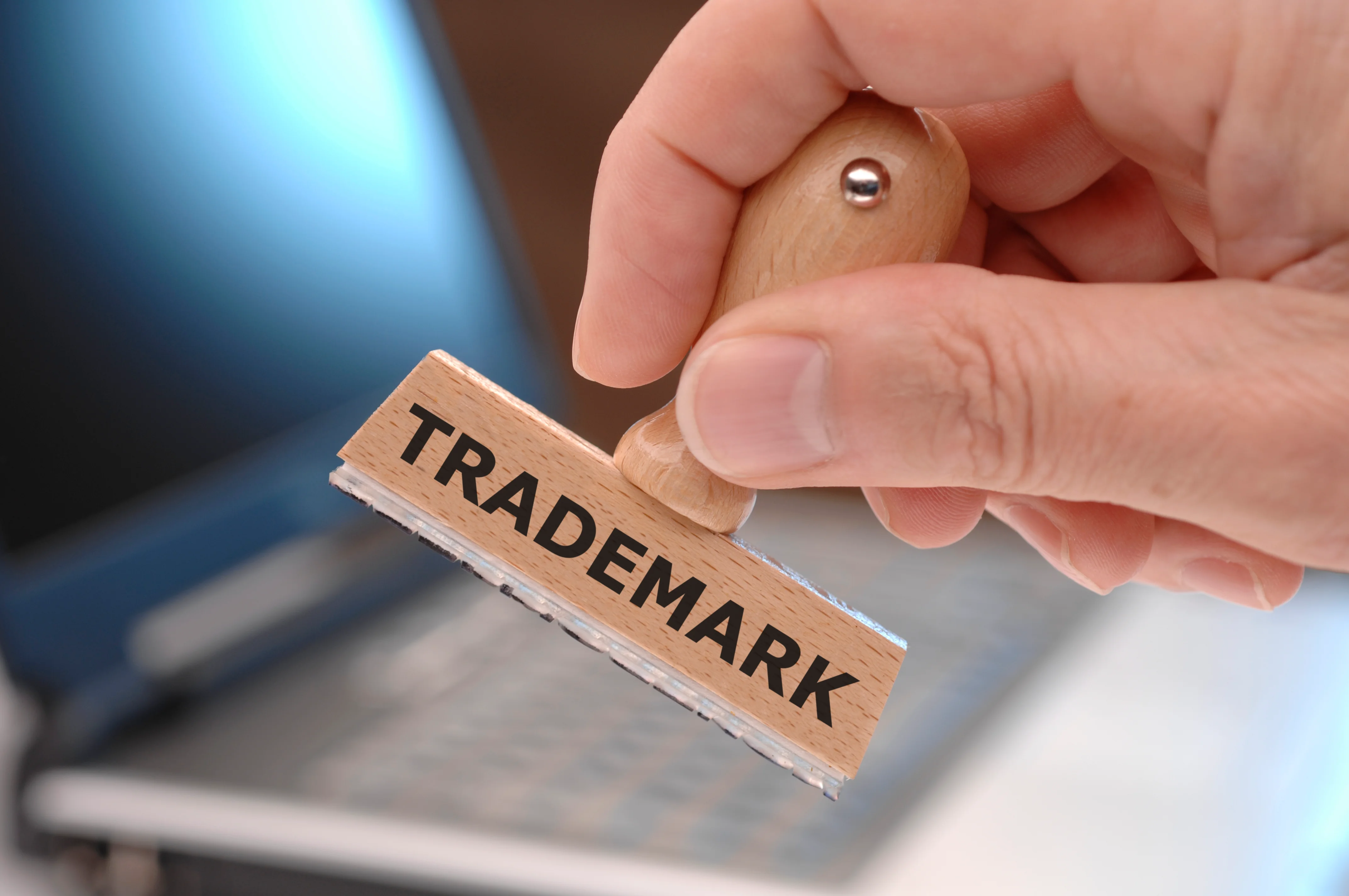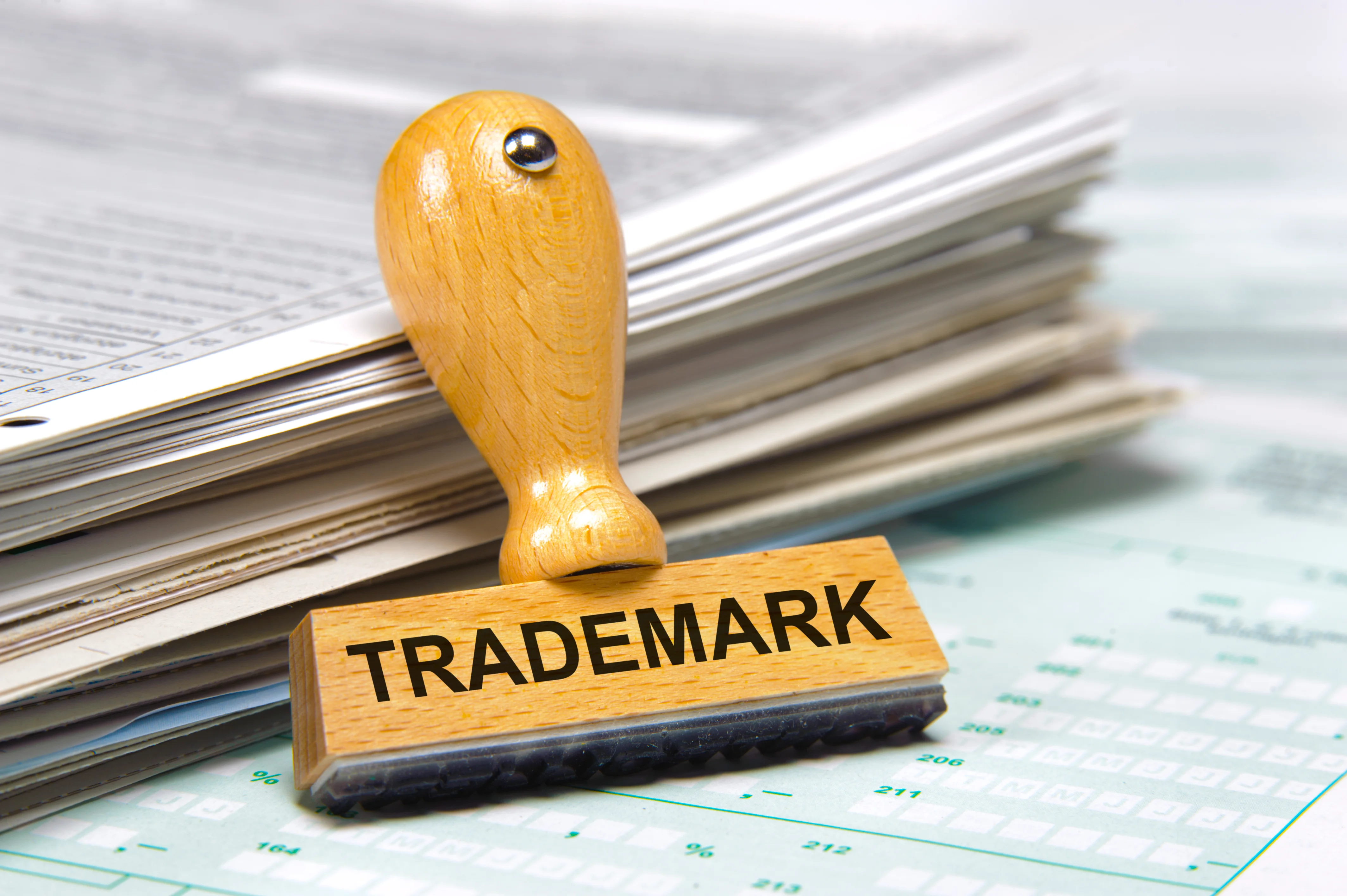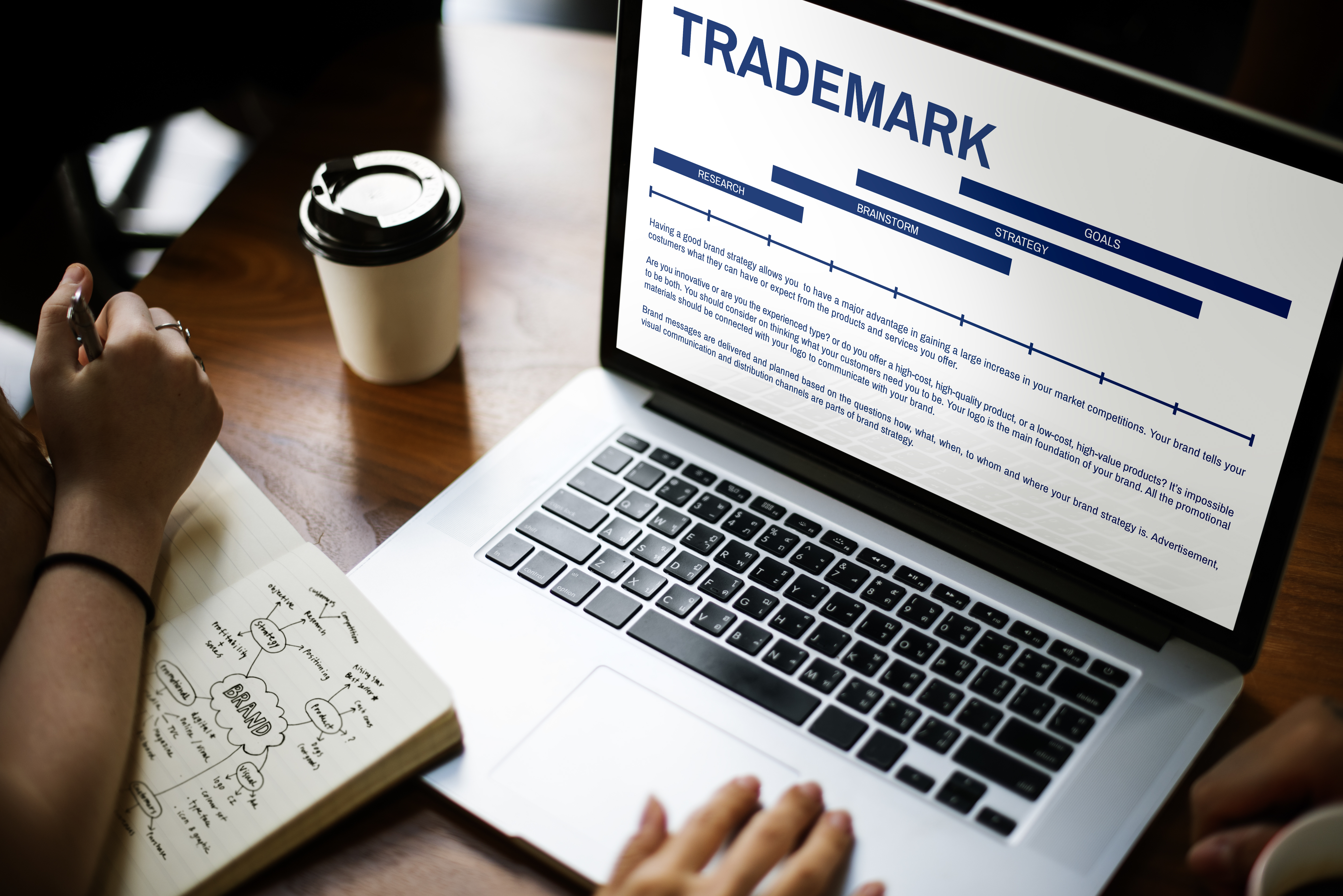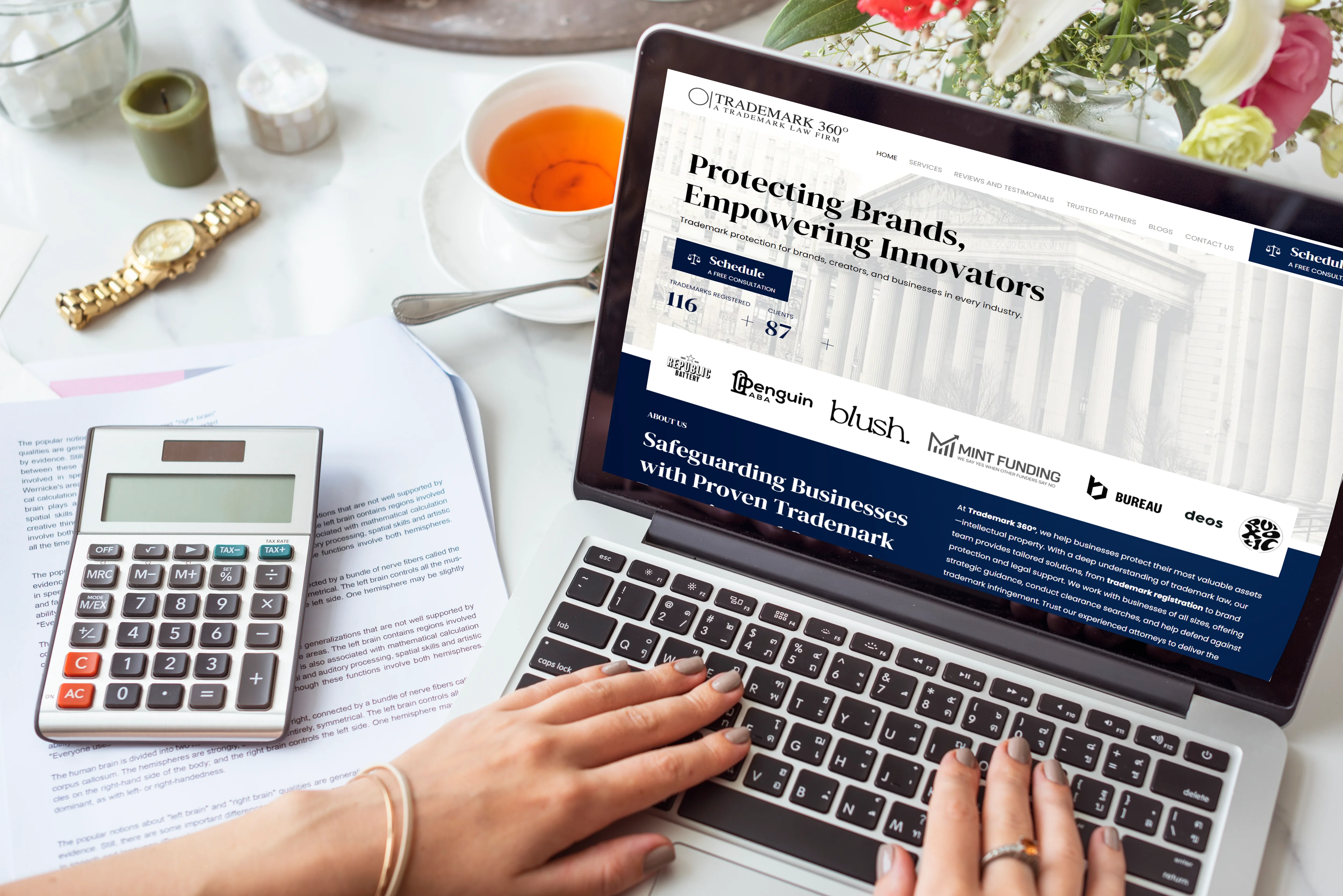Launching a startup is exciting. Your ideas are taking shape, your brand identity is coming together, and you're preparing to introduce your product or service to the world. You've likely invested time in designing a logo, choosing a memorable name, and securing a domain. But what many founders overlook is one of the most critical steps in building a sustainable business: securing their trademarks.
Trademarks are more than a legal formality. They are the foundation of your brand's protection. Without them, your identity is vulnerable to infringement, copycats, and even legal challenges. In this blog, we'll walk through why protecting your brand early through trademark registration isn't just smart. It's essential.
The Risks of Delaying Trademark Protection
Some entrepreneurs believe they can wait to register their trademarks until they've grown or gained more visibility. But delaying your startup trademark registration can lead to serious consequences that could cost your business more than just legal fees.
Trademarks can be lost to faster filers
If you don't act quickly, another company, whether in your industry or not, could file for a business name trademark that's the same or similar to yours. Once registered, they could force you to rebrand or cease operations under your existing name. In the U.S., priority is based on first use in commerce, not who files first. However, the party that files first will generally have their application reviewed earlier. That’s why it’s ideal to establish both early use and early filing to strengthen your position.
You Could Face Legal Action
Without legal protection, you risk receiving a cease-and-desist letter or being sued for trademark infringement. Even if your use was unintentional, you may still be required to change your name or logo, pay legal costs, or stop doing business under that identity.
Rebranding Is Expensive and Disruptive
Rebranding after months, or even years, of building your company's reputation can be devastating. Changing your name affects everything from marketing to packaging to customer recognition. With trademarks, you can prevent this scenario entirely by protecting your identity from day one.
You Risk Losing Credibility
Having to switch names under pressure, especially due to legal challenges, can harm your credibility. It signals a lack of foresight and professionalism. Protecting your startup branding early sends a message to investors and customers that your company is built to last.
The Benefits of Early Trademarking
Filing for trademarks early offers more than legal safeguards. It builds business confidence and strengthens your position in the marketplace.
Legal Rights and Ownership
Registering a trademark for startups gives you the exclusive legal right to use your brand name, logo, or slogan in connection with your goods or services. No one else in your category can legally use a similar name or mark.
Stronger Brand Recognition
A protected brand gives you the freedom to scale without worrying about imitation. Customers begin to associate your name and logo with quality, and your brand equity grows over time. These benefits only apply when your trademarks are secure.
Access to Amazon Brand Registry and Other Platforms
If you plan to sell on Amazon or similar marketplaces, a pending or registered trademark is required to join programs like Amazon Brand Registry. This provides access to tools that prevent counterfeit listings and protect your product integrity.
Investor and Partner Confidence
Professionals take IP seriously. The benefits of trademark registration for startups extend into funding rounds, joint ventures, and business partnerships. A registered mark shows you're serious about your identity and market position.
When Should a Startup Apply for a Trademark?
The short answer? As early as possible. If your name and logo are finalized, it's time to file.
Before Launch
Filing before your launch ensures no one else registers your brand name first. Many founders think trademarks can wait until after marketing begins, but doing so puts all of that investment at risk.
After Branding Is Finalized
Once you've selected a unique name, created your logo, and decided how you'll present your business publicly, filing for trademark registration is a crucial next step. It locks in your rights as you enter the market.
If You Plan to Scale
Even local businesses need protection. But if you intend to grow nationally or internationally, registering your trademarks with the USPTO ensures you have enforceable rights across all U.S. states and provides a foundation for international filings.
What Startups Need to File Trademarks
The process of filing a trademark can be straightforward if you're well-prepared. Here's what you'll need:
A Unique Brand Name or Logo
Choose something distinctive, not generic or overly descriptive. Avoid names that directly describe what your business does (e.g., "Quick Delivery Services"), as these are harder to protect.
A Trademark Search
A clearance check will reveal whether your name is already taken or if there are similar trademarks that could block your application. Skipping this step is one of the most common startup mistakes and can result in rejection or legal trouble.
Filing trademarks based on "in use" vs. "intent to use"
If your business is operational and using the name in marketing or sales, file under "use in commerce." If you're pre-launch, "intent to use" allows you to reserve rights now and prove usage later.
Legal or Professional Help
While not mandatory, working with a trademark attorney can simplify the process. Professionals help navigate classification, handle USPTO objections, and ensure long-term brand protection.
Common Mistakes Startups Make
Ignoring trademark issues until there's a conflict can derail your business. Avoid these frequent missteps:
Skipping a Trademark Search
Assuming your name is unique based on a Google search isn't enough. Without a comprehensive search, you may be infringing on someone else's rights without realizing it. It's always safer to verify before investing in branding.
Confusing Domain Ownership With Trademark Rights
Owning the .com domain does not mean you own the trademark rights to the mark. Domains are separate from legal protection. A competitor with a similar registered mark could still claim infringement against you, even if you had the web address first.
Choosing Generic or Descriptive Names
Names like "Fresh Juices" or "Online Furniture Store" may be unregistrable due to their descriptive nature. Choose creative, unique names that give you an edge in both branding and legal protection.
Failing to Monitor for Infringement
Once registered, your trademark rights are enforceable, but only if you actively monitor for unauthorized use. Partnering with services like Trademark 360° helps startups stay protected without hiring in-house legal teams.
How Trademark 360° Can Help Startups
Navigating trademark registration for your startup doesn't have to be expensive or confusing. Trademark 360° is designed specifically for entrepreneurs who need fast, affordable protection. If you're unsure how to trademark your brand, our service makes the process clear, simple, and reliable.
Affordable Packages
We offer startup-friendly pricing with no hidden fees. Whether you're trademarking a name, logo, or both, we make it simple and cost-effective.
Speed and Accuracy
We handle the entire process, from clearance searches to application filing, ensuring your trademarks are submitted correctly and efficiently.
Clearance Search and USPTO Guidance
Our experts conduct a professional search to avoid conflicts and help you select the right class of goods or services. If there's a complication with the USPTO, we help address it quickly.
Support Beyond Registration
Trademark 360° also assists with renewals, monitoring, and access to Amazon Brand Registry, making sure your intellectual property stays protected long after your application is approved.
Trademarks Are the Foundation of a Startup's Long-Term Success
As a founder, your brand name and logo are among your most valuable assets. Delaying protection leaves them exposed. Filing for trademarks isn't just a legal step. It's a strategic one. It gives your startup credibility, protection, and a foundation for long-term growth. Whether you're just starting out or already scaling, registering your trademarks ensures you own your brand's identity before someone else claims it.
Trademark your brand name and secure your identity with help from Trademark 360°
Powered by Froala Editor








